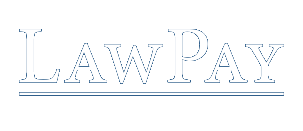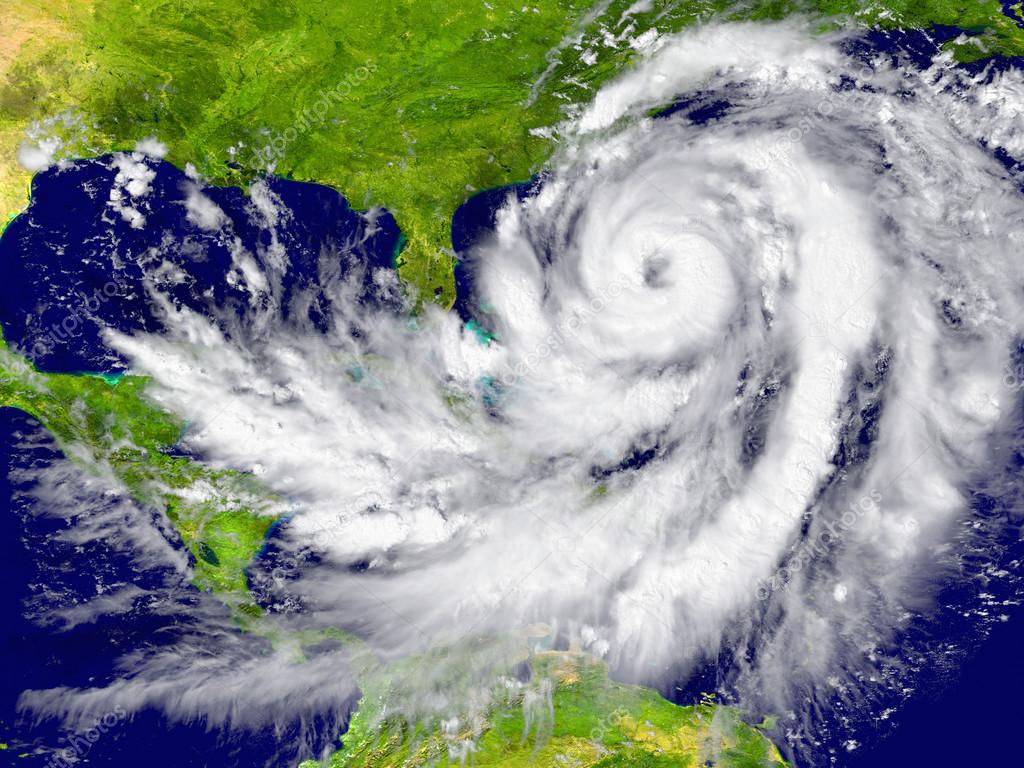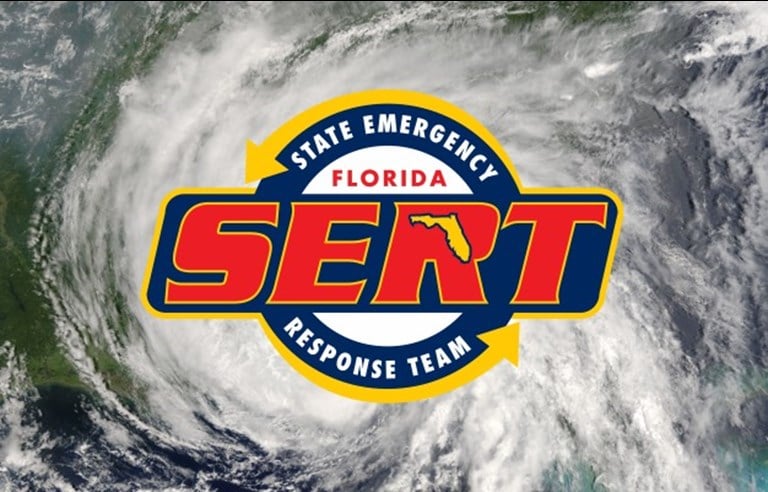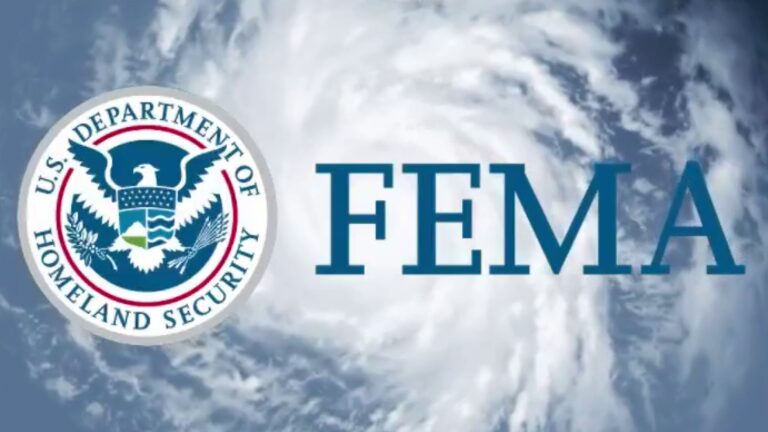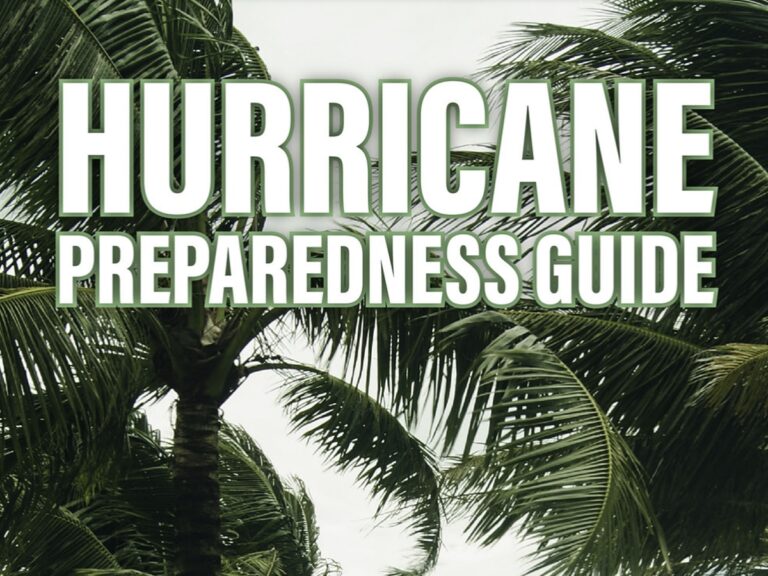Living in Florida we know that with June comes the start of the Hurricane Season. For those who have been in Florida for most of their lives all they have to hear is Andrew, Charlie, Jean, Frances, Katrina and Matthew and the memories of boarding up windows, placing sandbags, buying water, batteries and non perishable items, and fueling up generators, and any and all vehicles come back to life. If anyone in the household has medical needs you want to make sure that they will be comfortable where they are if power is lost and that medical supplies and medications are stocked up for a sufficient amount of time.
Hurricanes can be scary because they can result in the loss of property, possessions and at times in the loss of life. The most important thing in preparing for any storm is to make sure that you and your loved ones are safe or have a means by which to get to safety. You want to make sure your loved ones and your pets are safe and secure. After confirming the safety of the loved ones in your life, the next thing that is a priority is probably your biggest investment: your home.
When preparing for a storm you want to make sure that windows are secure, loose furniture and materials outside have been put away and that you have stocked up on adequate water, food, batteries, medicines, and fuel. You want to make sure that you have flashlights, candles and an emergency radio available and that cell phones have been fully charged. Unfortunately, with most major storms come loss of power, so being prepared before the lights go out and the air conditioning is no longer running is essential. It is also helpful to have some cash on hand, should power be lost and you find an open store after the storm (often the credit card machines are down).
If you live in a condominium or homeowner’s association, you want to make sure your homes are secure as well, but in addition to that, Associations, when preparing for a storm, must consider what needs to be done both before the storm strikes and after the storm has passed.
Luckily living in Florida, the legislature has recognized the seriousness of these storms and the need for Associations to have emergency powers in situations where a major storm event is looming. Florida Statutes Section 718.1265 has been enacted for condominiums and Florida Statutes Section 720.316 for homeowner’s associations.
The Law
718.1265 Association emergency powers.—
(1)To the extent allowed by law and unless specifically prohibited by the declaration of condominium, the articles, or the bylaws of an association, and consistent with the provisions of s. 617.0830, the board of administration, in response to damage caused by an event for which a state of emergency is declared pursuant to s. 252.36 in the locale in which the condominium is located, may, but is not required to, exercise the following powers:
(a)Conduct board meetings and membership meetings with notice given as is practicable. Such notice may be given in any practicable manner, including publication, radio, United States mail, the Internet, public service announcements, and conspicuous posting on the condominium property or any other means the board deems reasonable under the circumstances. Notice of board decisions may be communicated as provided in this paragraph.
(b)Cancel and reschedule any association meeting.
(c)Name as assistant officers persons who are not directors, which assistant officers shall have the same authority as the executive officers to whom they are assistants during the state of emergency to accommodate the incapacity or unavailability of any officer of the association.
(d)Relocate the association’s principal office or designate alternative principal offices.
(e)Enter into agreements with local counties and municipalities to assist counties and municipalities with debris removal.
(f)Implement a disaster plan before or immediately following the event for which a state of emergency is declared which may include, but is not limited to, shutting down or off elevators; electricity; water, sewer, or security systems; or air conditioners.
(g)Based upon advice of emergency management officials or upon the advice of licensed professionals retained by the board, determine any portion of the condominium property unavailable for entry or occupancy by unit owners, family members, tenants, guests, agents, or invitees to protect the health, safety, or welfare of such persons.
(h)Require the evacuation of the condominium property in the event of a mandatory evacuation order in the locale in which the condominium is located. Should any unit owner or other occupant of a condominium fail or refuse to evacuate the condominium property where the board has required evacuation, the association shall be immune from liability or injury to persons or property arising from such failure or refusal.
(i)Based upon advice of emergency management officials or upon the advice of licensed professionals retained by the board, determine whether the condominium property can be safely inhabited or occupied. However, such determination is not conclusive as to any determination of habitability pursuant to the declaration.
(j)Mitigate further damage, including taking action to contract for the removal of debris and to prevent or mitigate the spread of fungus, including, but not limited to, mold or mildew, by removing and disposing of wet drywall, insulation, carpet, cabinetry, or other fixtures on or within the condominium property, even if the unit owner is obligated by the declaration or law to insure or replace those fixtures and to remove personal property from a unit.
(k)Contract, on behalf of any unit owner or owners, for items or services for which the owners are otherwise individually responsible, but which are necessary to prevent further damage to the condominium property. In such event, the unit owner or owners on whose behalf the board has contracted are responsible for reimbursing the association for the actual costs of the items or services, and the association may use its lien authority provided by s. 718.116 to enforce collection of the charges. Without limitation, such items or services may include the drying of units, the boarding of broken windows or doors, and the replacement of damaged air conditioners or air handlers to provide climate control in the units or other portions of the property.
(l)Regardless of any provision to the contrary and even if such authority does not specifically appear in the declaration of condominium, articles, or bylaws of the association, levy special assessments without a vote of the owners.
(m)Without unit owners’ approval, borrow money and pledge association assets as collateral to fund emergency repairs and carry out the duties of the association when operating funds are insufficient. This paragraph does not limit the general authority of the association to borrow money, subject to such restrictions as are contained in the declaration of condominium, articles, or bylaws of the association.
(2)The special powers authorized under subsection (1) shall be limited to that time reasonably necessary to protect the health, safety, and welfare of the association and the unit owners and the unit owners’ family members, tenants, guests, agents, or invitees and shall be reasonably necessary to mitigate further damage and make emergency repairs.
720.316 Association emergency powers.—
(1)To the extent allowed by law, unless specifically prohibited by the declaration or other recorded governing documents, and consistent with s. 617.0830, the board of directors, in response to damage caused by an event for which a state of emergency is declared pursuant to s. 252.36 in the area encompassed by the association, may exercise the following powers:
(a)Conduct board or membership meetings after notice of the meetings and board decisions is provided in as practicable a manner as possible, including via publication, radio, United States mail, the Internet, public service announcements, conspicuous posting on the association property, or any other means the board deems appropriate under the circumstances.
(b)Cancel and reschedule an association meeting.
(c)Designate assistant officers who are not directors. If the executive officer is incapacitated or unavailable, the assistant officer has the same authority during the state of emergency as the executive officer he or she assists.
(d)Relocate the association’s principal office or designate an alternative principal office.
(e)Enter into agreements with counties and municipalities to assist counties and municipalities with debris removal.
(f)Implement a disaster plan before or immediately following the event for which a state of emergency is declared, which may include, but is not limited to, turning on or shutting off elevators; electricity; water, sewer, or security systems; or air conditioners for association buildings.
(g)Based upon the advice of emergency management officials or upon the advice of licensed professionals retained by the board, determine any portion of the association property unavailable for entry or occupancy by owners or their family members, tenants, guests, agents, or invitees to protect their health, safety, or welfare.
(h)Based upon the advice of emergency management officials or upon the advice of licensed professionals retained by the board, determine whether the association property can be safely inhabited or occupied. However, such determination is not conclusive as to any determination of habitability pursuant to the declaration.
(i)Mitigate further damage, including taking action to contract for the removal of debris and to prevent or mitigate the spread of fungus, including mold or mildew, by removing and disposing of wet drywall, insulation, carpet, cabinetry, or other fixtures on or within the association property.
(j)Notwithstanding a provision to the contrary, and regardless of whether such authority does not specifically appear in the declaration or other recorded governing documents, levy special assessments without a vote of the owners.
(k)Without owners’ approval, borrow money and pledge association assets as collateral to fund emergency repairs and carry out the duties of the association if operating funds are insufficient. This paragraph does not limit the general authority of the association to borrow money, subject to such restrictions contained in the declaration or other recorded governing documents.
(2)The authority granted under subsection (1) is limited to that time reasonably necessary to protect the health, safety, and welfare of the association and the parcel owners and their family members, tenants, guests, agents, or invitees, and to mitigate further damage and make emergency repairs.
Before the Storm
In general, one of the first steps to do in bracing for the storm is to properly prepare for the storm and what may be coming. As an Association you have responsibility for the common areas. So before the storm, you should make sure that the common elements are secure. Any loose items that could become projectiles should be stored inside.
You should consider that power will be lost, as a result, you should have a back up plan on paper. You should print out any information that may be needed if you cannot access a computer, that includes contact information for board members, members of the association and management, insurance policies and important phone numbers including those for utilities and emergency services.
Before the storm hits, you should make sure that all information is backed up on the computers and you should consider having an alternate source where the information is kept, perhaps in the cloud, on a thumb drive or even a CD.
One thing that is often forgotten is to turn off the irrigation system. Storms involve major water events and adding additional water may cause more problems.
If there are any gas lines or propane tanks on site you should turn them off and secure them.
Other important things that should be done include boarding of windows and confirmation that shutters are in place (if mandatory); posting updates to the community, as long as you have power; having an emergency plan where unit owners/residents can congregate if necessary; documenting the property by video and photos, and implementing a disaster plan before or immediately following the event for which a state of emergency is declared which may include, shutting down , elevators; electricity; water, sewer, security systems, and air conditioners.
The Association should also determine if there any areas of the condominium property that will be inaccessible to unit owners, family members, tenants, guests, agents, or invitees to protect the health, safety, or welfare of such persons and make sure an alternate means of ingress and egress are planned for. Consideration should also be given to mitigating and keeping the damage to a minimum by securing vendors, as soon as possible, who can assist in the removal of debris and prevent or reduce the spread of mold/fungus. Emergency personnel, maintenance, or association vendors may be needed to perform emergency repairs or secure the property where necessary to prevent further damage to the condominium property and/or to protect the health, safety and welfare of those in the community.
After the Storm
Once the storm has passed, you will want to check the property; however, please make sure it is safe before you venture onto the property. Trees and power lines may be down, so take care and check your surroundings before venturing outside.
Once you have confirmed that it is safe, we recommend that you walk the property to note any damage and reactivate any systems that were shut down prior to the storm such as irrigation, elevators, air conditioning, and gas lines.
We recommend that you videotape the property after the storm, just like you did prior to the storm. You can than compare the condition of the property before and after the storm from the video and photos taken.
You should also create a list of the damaged areas and follow up with a properly noticed board meeting to find out status of property and any damages from the residents. The residents should be instructed to document any property losses and to address damages inside the home with their homeowner’s insurance carrier.
As to Association property, you need to make sure that you timely notify your insurance carrier of any damages being claimed as a result of the storm. Depending on the type of damage, you may have to report to multiple carriers. So if property was damaged due to flood waters, you should consult your flood policy. If damage was done by wind, then you would check your property/hazard insurance. Flood claims are Federal claims and are handled differently than wind claims.
You must also consider that if major damage has been sustained—you may have to pay a sizable deductible before the insurance carrier will pay for damage. The association may need to use operating or reserve funds to cover the hurricane deductible and any emergency repairs needed. In determining how the Association should proceed and to consider potential financial exposure, you should contact vendors and start getting bids for work that needs to be done to correct, repair or replace those portions of the property that were damaged and/or destroyed.
We also recommend that you consider consulting an attorney for legal assistance regarding any insurance claim and the process.


